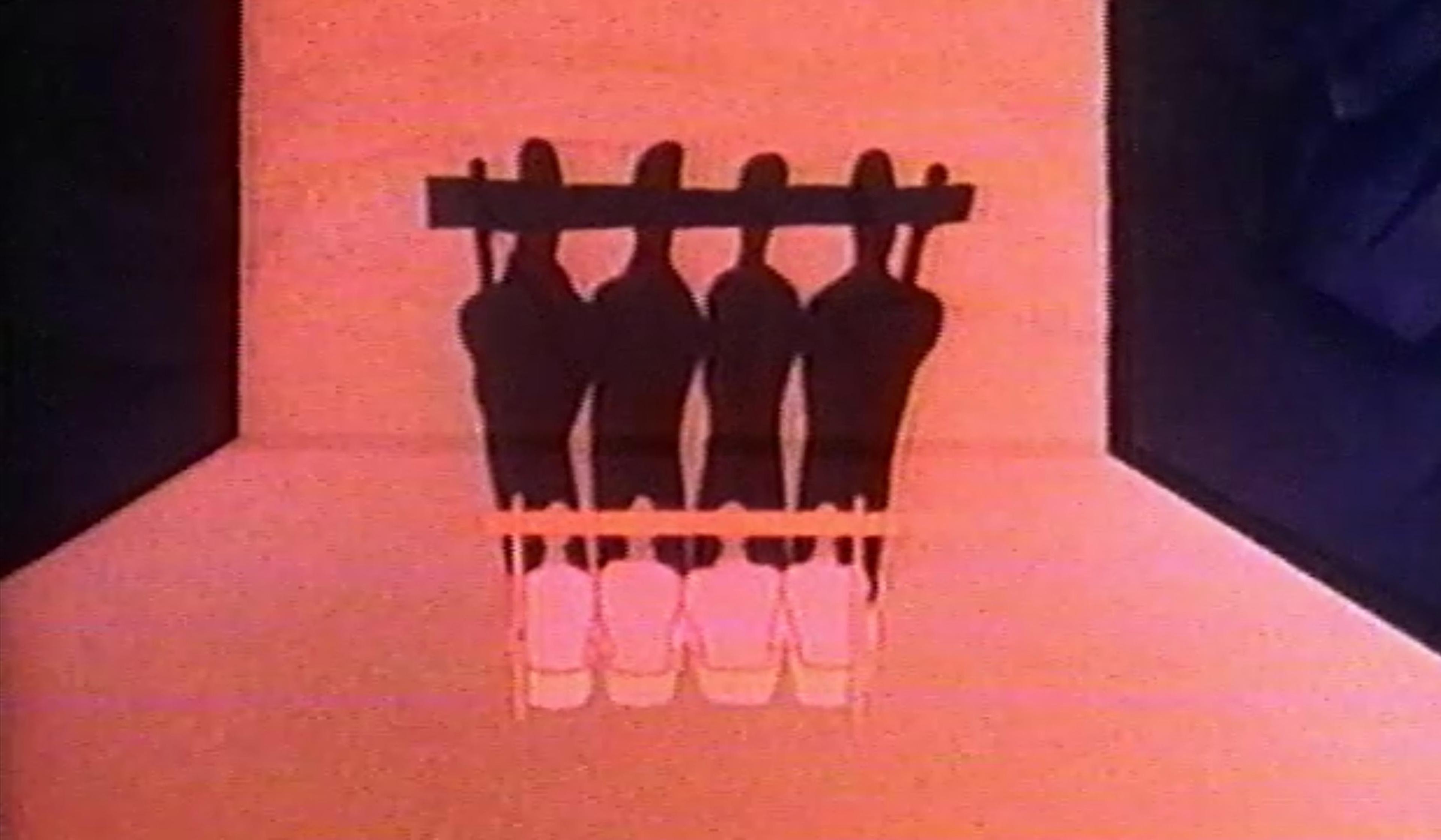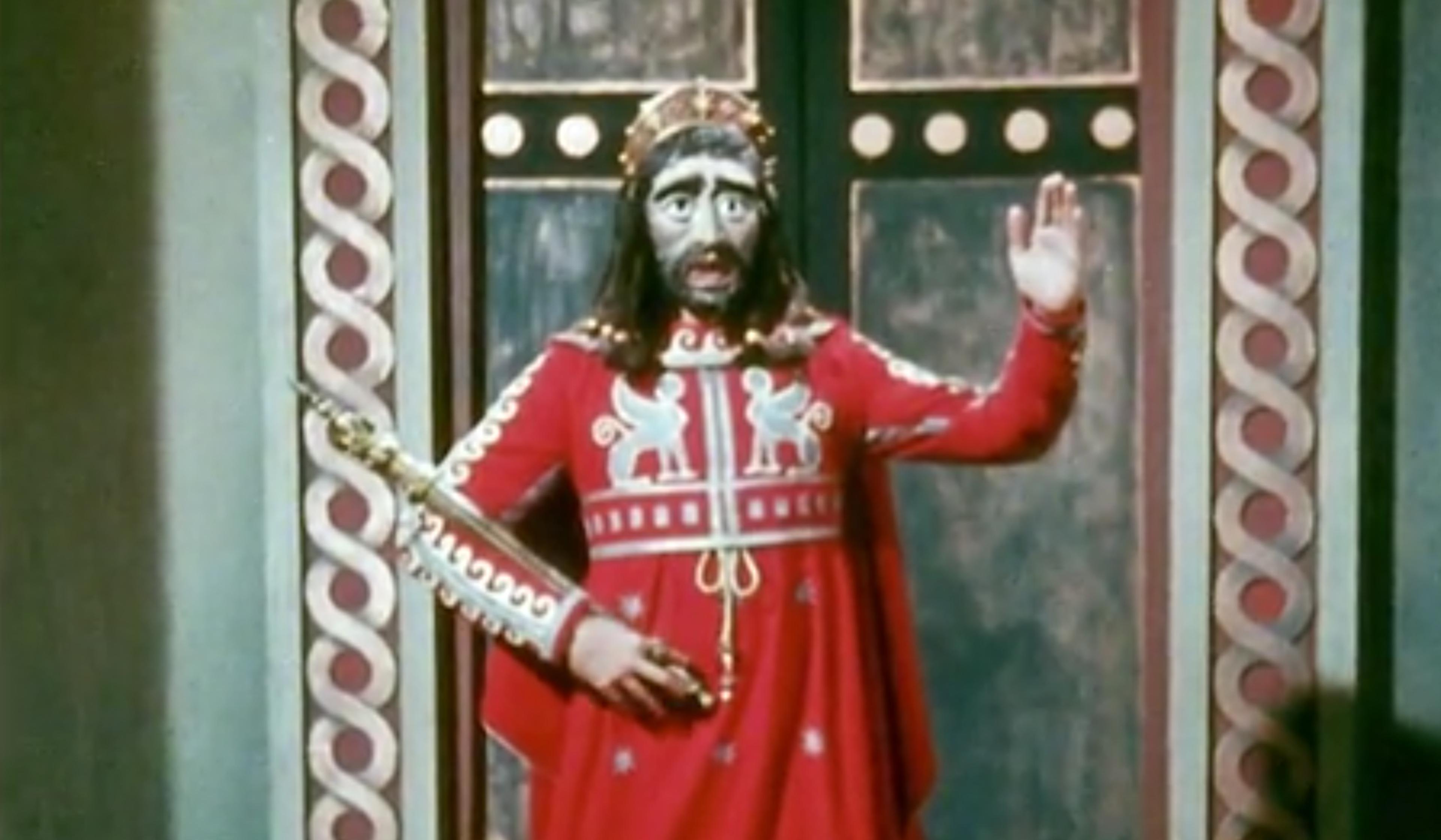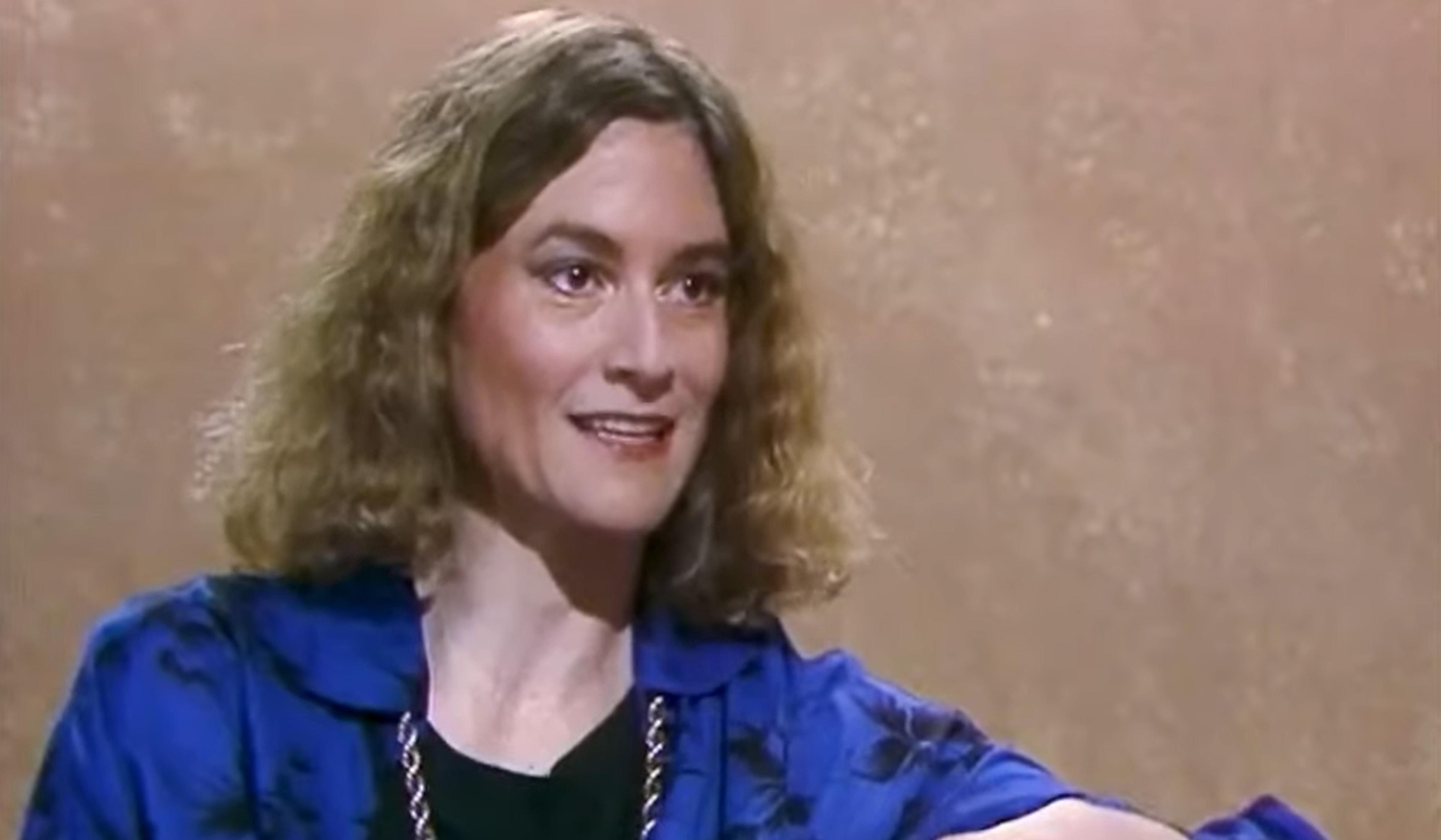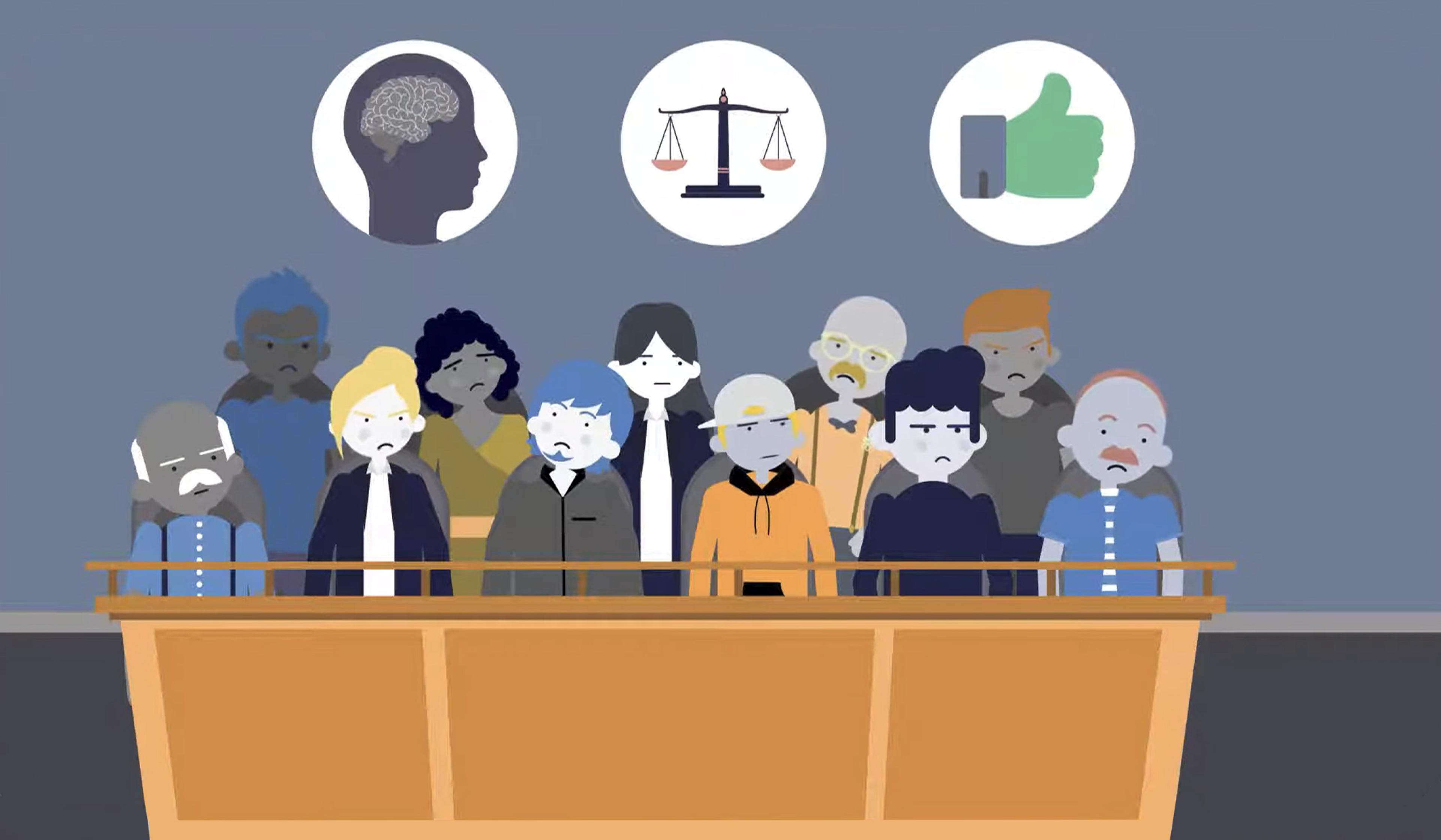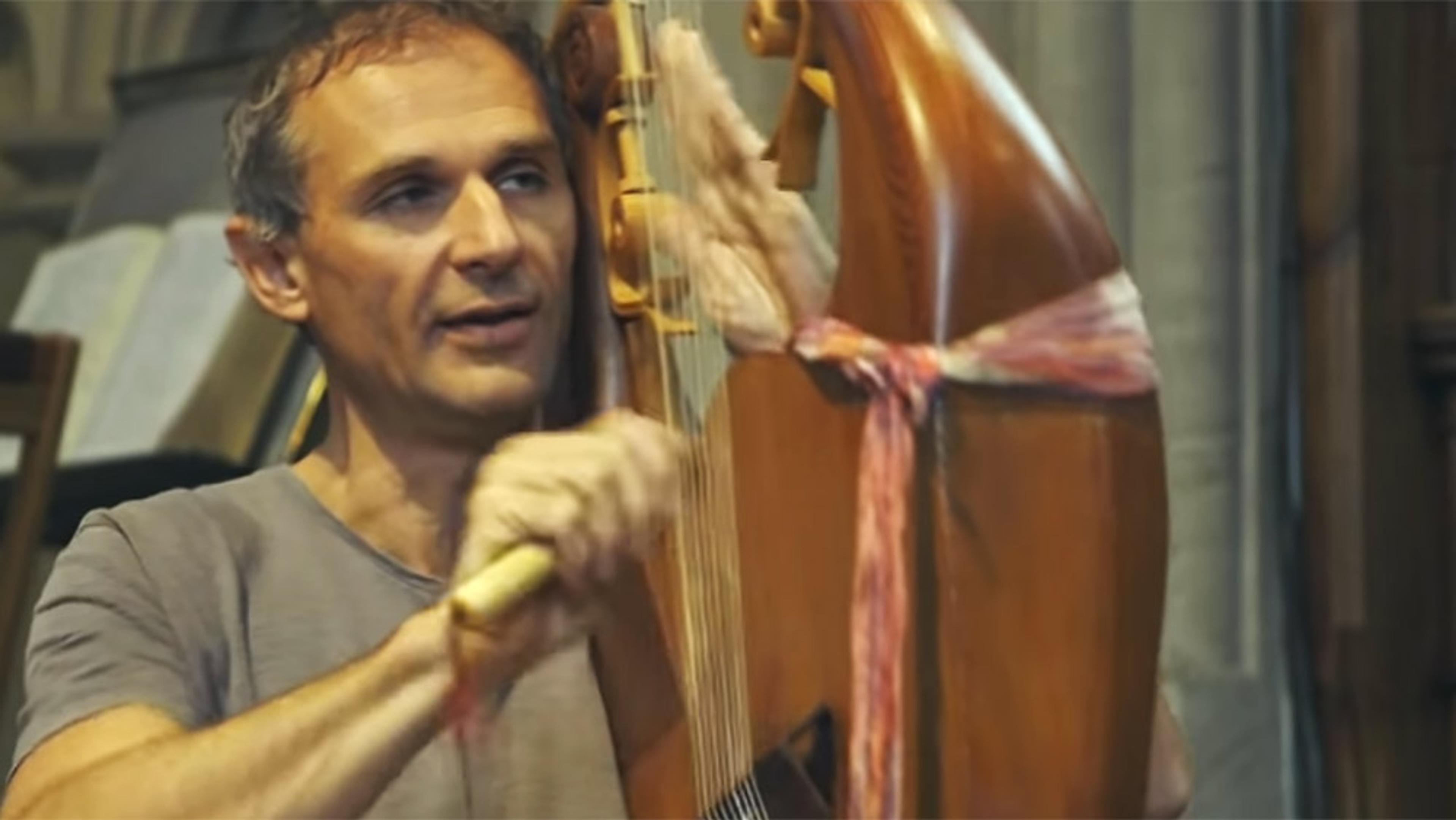The supposed mystery of whether Atlantis was truly a kingdom lost to time all but disintegrates after reading Plato’s writings on the mythical state. As described in his dialogues Timaeus and Critias, both written around 360 BCE, the island nation was an idyllic land of plenty. Its inhabitants – sired and ruled over by Poseidon, and thus half-gods and half-mortals – ‘despised everything but virtue’. Ultimately, however, ‘human nature got the upper hand’, causing them to fall out of the gods’ favour, and dooming the kingdom to become an ‘impassable barrier of mud’ following a devastating earthquake.
This video from the YouTube channel Voices of the Past provides a direct translation of Plato’s surviving words on Atlantis from Critias. An imagined nation constructed to provide a foil to his ideal society, Plato nonetheless leaves few details to the reader’s imagination in his descriptions of the land. Beyond the structures of Atlantis’s government and the character of its people, the text is replete with intricate details on topics ranging from local wildlife to cuisine, architecture and design. The text is also notable for what’s been lost to time. Zeus, seeing that the people of Atlantis have become ‘full of avarice and unrighteous power’, gathers all the gods and – well, the rest we might never know. Ostensibly a morality tale of a people that had it all and lost it to greed and infighting, read today, the text makes for an intriguing insight into Athenian culture during Plato’s life.

